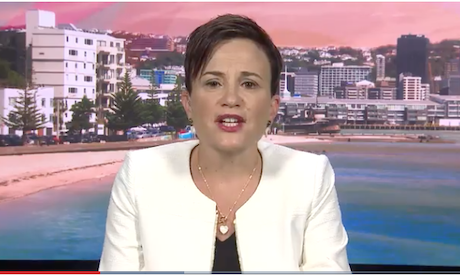The Disability Rights Commissioner says the process of enacting The End of Life Choice Bill is clumsy, awkward and deeply complex.
Paula Tesoriero thinks it continues to pose risks for New Zealanders, particularly the disabled.
She is concerned that disabled Kiwis may see themselves as a burden.
“If New Zealanders want this kind of scheme” the process should be begun again and the legislation should be co-created “with the right people around the table.”
The sponsor of the Bill, David Seymour, says Tesoriero is disingenuous and that there is no danger of pressure being put on disabled people to end their lives.
Amendments approved
On Wednesday evening a number of proposed amendments passed 69 votes to 51.
Among other changes, they add clauses:
- Prohibiting a health practitioner from initiating any discussion about assisted dying.
- Giving employment protections for any doctor, nurse, or psychiatrist who objects to taking part in the process on any ground.
- Explicitly stating that if any pressure is suspected on a person applying for assisted dying, doctors and nurses must stop the process.
The issues are competency and coercion
Tesoriero expressed her concerns on Wednesday before the debate took place in the House.
She told TVNZ1’s Breakfast she wasn’t satisfied with the proposed amendments to the bill, adding there was “no bright-line test between disability and terminal illness”.
“The safeguards in the bill, although there have been some attempts to improve them, still don’t go far enough in my view, particularly around the assessment of who is competent and secondly around coercion.”
Tesoriero said there was “a whole range of improvements” that could be made.
She would like to see doctors talk to people who aren’t in the family and aren’t in the dying person’s will to better safeguard the process.
“Also what’s really important is that the bill doesn’t provide any mechanism to detect more subtle forms of coercion like advertising.”
Source
- tvnz.co.nz
- newshub.co.nz
- Image: tvnz.co.nz
